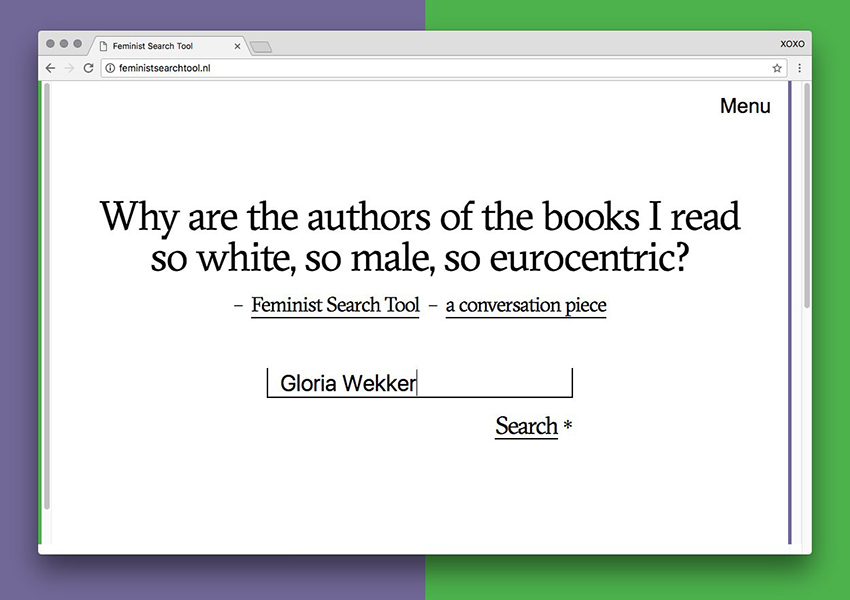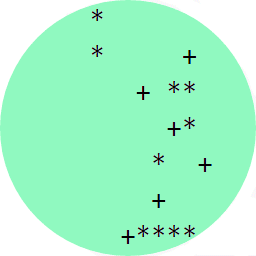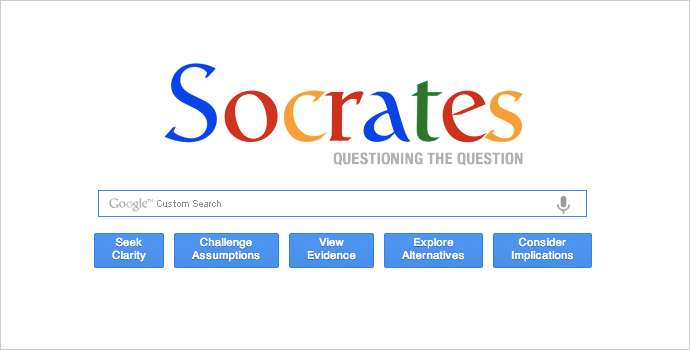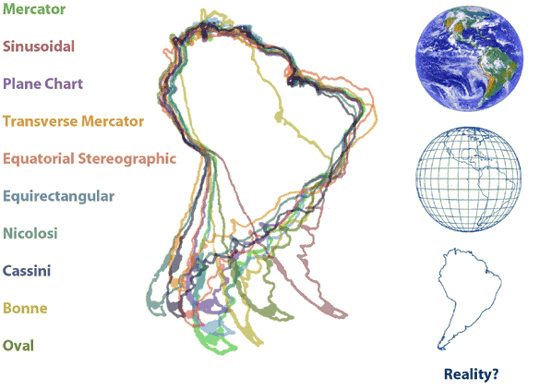Questions towards technologies #3
- What sort of person will the use of this technology make of me?
- What habits will the use of this technology instill?
- How will the use of this technology affect my experience of time?
- How will the use of this technology affect my experience of place?
- How will the use of this technology affect how I relate to other people?
- How will the use of this technology affect how I relate to the world around me?
- What practices will the use of this technology cultivate?
- What practices will the use of this technology displace?
- What will the use of this technology encourage me to notice?
- What will the use of this technology encourage me to ignore?
- What was required of other human beings so that I might be able to use this technology?
- What was required of other creatures so that I might be able to use this technology?
- What was required of the earth so that I might be able to use this technology?
- Does the use of this technology bring me joy?
- Does the use of this technology arouse anxiety?
- How does this technology empower me? At whose expense?
- What feelings does the use of this technology generate in me toward others?
- Can I imagine living without this technology? Why, or why not?
- How does this technology encourage me to allocate my time?
- Could the resources used to acquire and use this technology be better deployed?
- Does this technology automate or outsource labor or responsibilities that are morally essential?
- What desires does the use of this technology generate?
- What desires does the use of this technology dissipate?
- What possibilities for action does this technology present? Is it good that these actions are now possible?
- What possibilities for action does this technology foreclose? Is it good that these actions are no longer possible?
- How does the use of this technology shape my vision of a good life?
- What limits does the use of this technology impose upon me?
- What limits does my use of this technology impose upon others?
- What does my use of this technology require of others who would (or must) interact with me?
- What assumptions about the world does the use of this technology tacitly encourage?
- What knowledge has the use of this technology disclosed to me about myself?
- What knowledge has the use of this technology disclosed to me about others? Is it good to have this knowledge?
- What are the potential harms to myself, others, or the world that might result from my use of this technology?
- Upon what systems, technical or human, does my use of this technology depend? Are these systems just?
- Does my use of this technology encourage me to view others as a means to an end?
- Does using this technology require me to think more or less?
- What would the world be like if everyone used this technology exactly as I use it?
- What risks will my use of this technology entail for others? Have they consented?
- Can the consequences of my use of this technology be undone? Can I live with those consequences?
- Does my use of this technology make it easier to live as if I had no responsibilities toward my neighbor?
- Can I be held responsible for the actions which this technology empowers? Would I feel better if I couldn’t?








